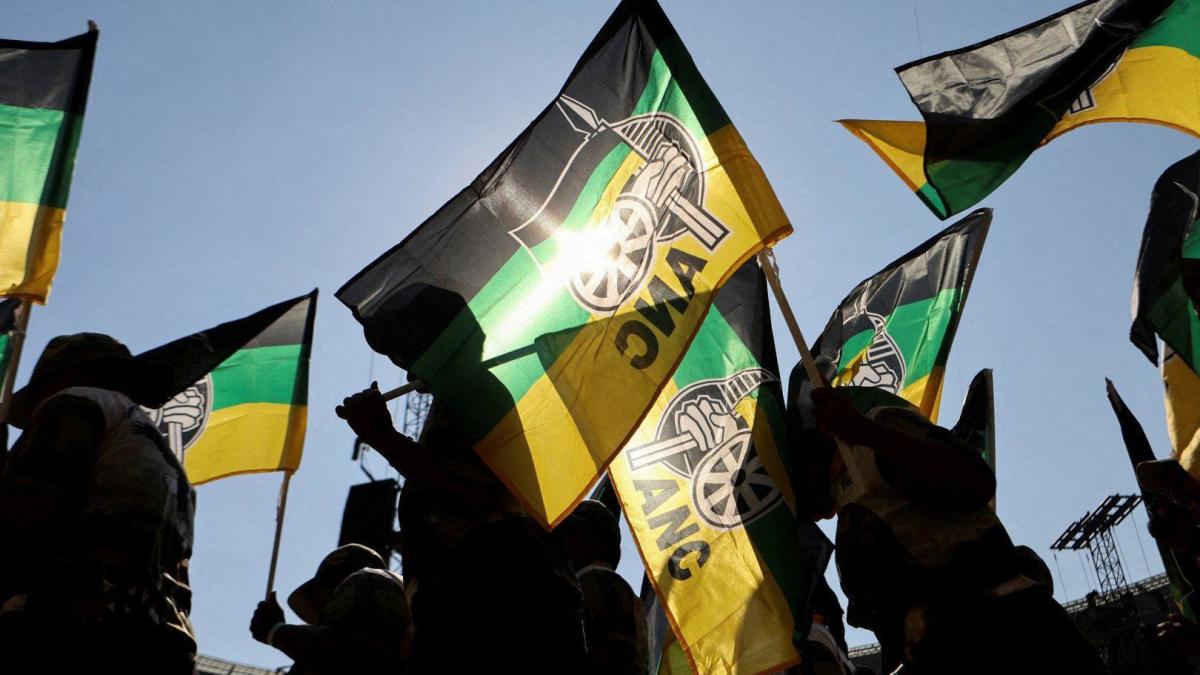South Africa’s President Cyril Ramaphosa has unveiled a new coalition government, after his ruling African National Congress (ANC) party lost its parliamentary majority in May’s elections.
He said “the government of national unity… is unprecedented in the history of our democracy”.
The ANC will have 20 out of 32 cabinet posts, while the Democratic Alliance (DA) – until now the main opposition party – will hold six. Six other portfolios are shared amongst smaller parties.
The shrinking of ANC support in the elections reflected public frustration over its poor record on delivering basic services and tackling unemployment, poverty and corruption.
The ANC under Nelson Mandela achieved its aim of ending white-minority rule in South Africa in 1994.
In the new cabinet, the ANC will keep key ministries such as defence, finance and foreign affairs.
The DA’s portfolios include home affairs and public works. Party leader John Steenhuisen will lead the agriculture ministry.
In a televised speech on Sunday, Mr Ramaphosa said: “The incoming government will prioritise rapid, inclusive and sustainable economic growth and creation of a more just society.”
The ANC welcomed the move as “an important step forward, and a testament to the resilience of our democracy”.
Meanwhile, the DA said it was “proud to rise to the challenge and take our place, for the first time, at the seat of national government”.
It also pledged “good governance, zero tolerance for corruption and pragmatic policy-making”.
Despite a coalition cabinet deal, stark political disagreements remain between the ANC and the DA.
Perhaps the biggest and most contentious issues are DA opposition to the ANC’s national healthcare policy and to its black economic empowerment programme.
In May’s elections the ANC got 40% of the vote, while the DA secured 22%.







